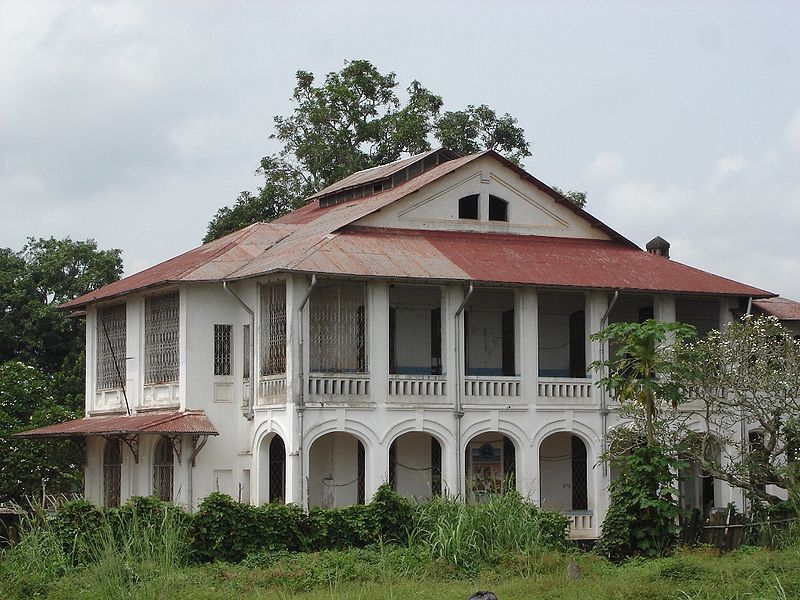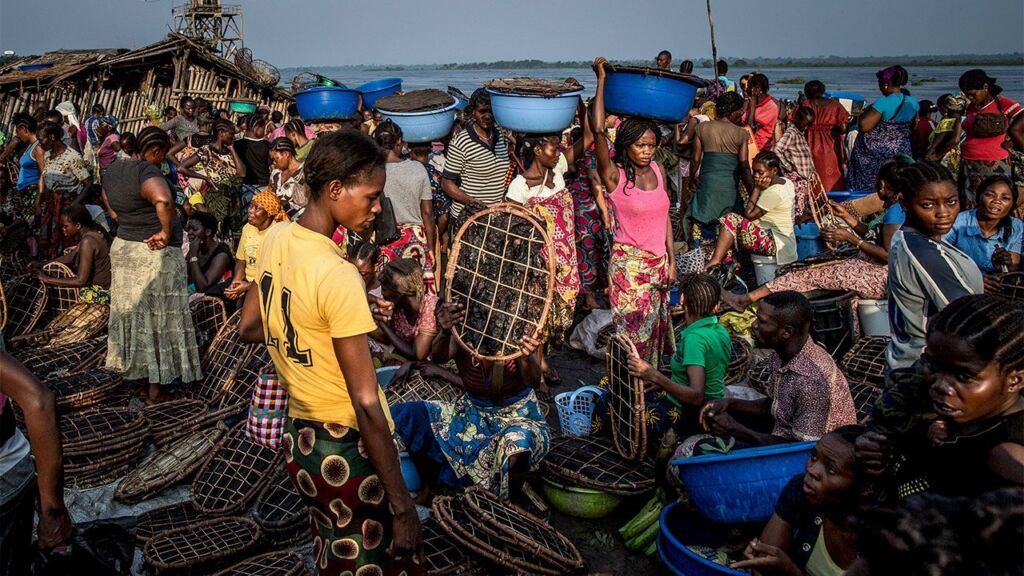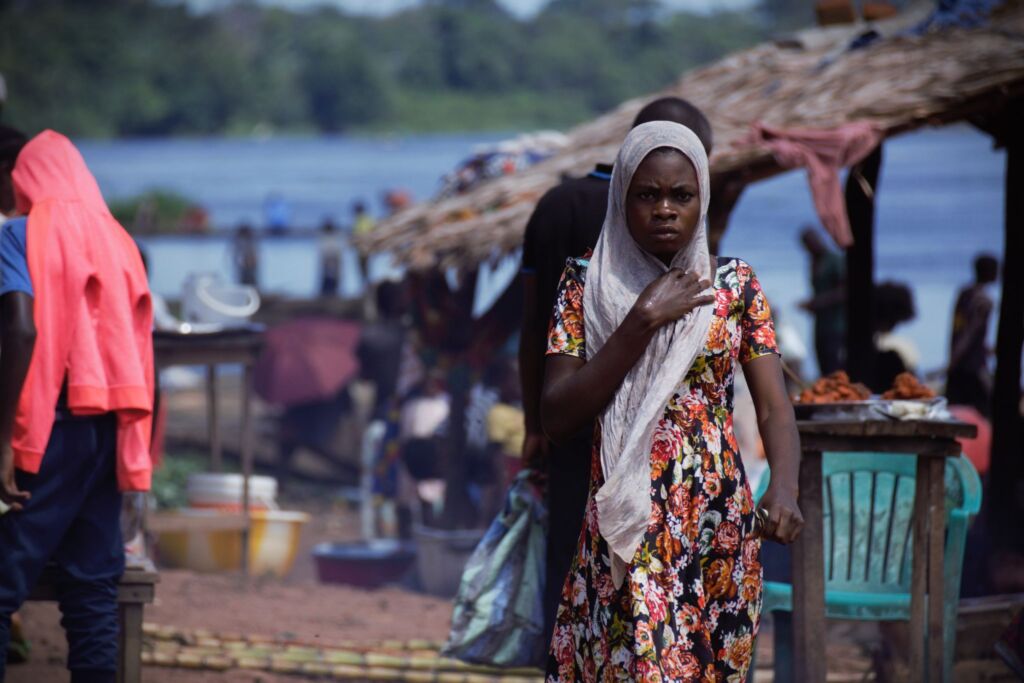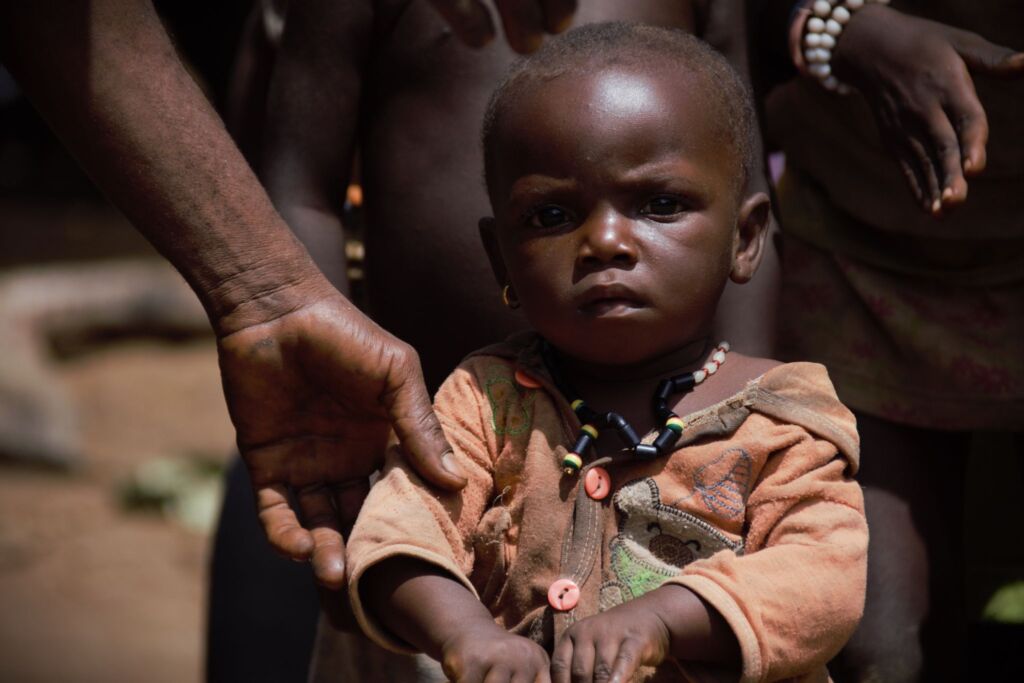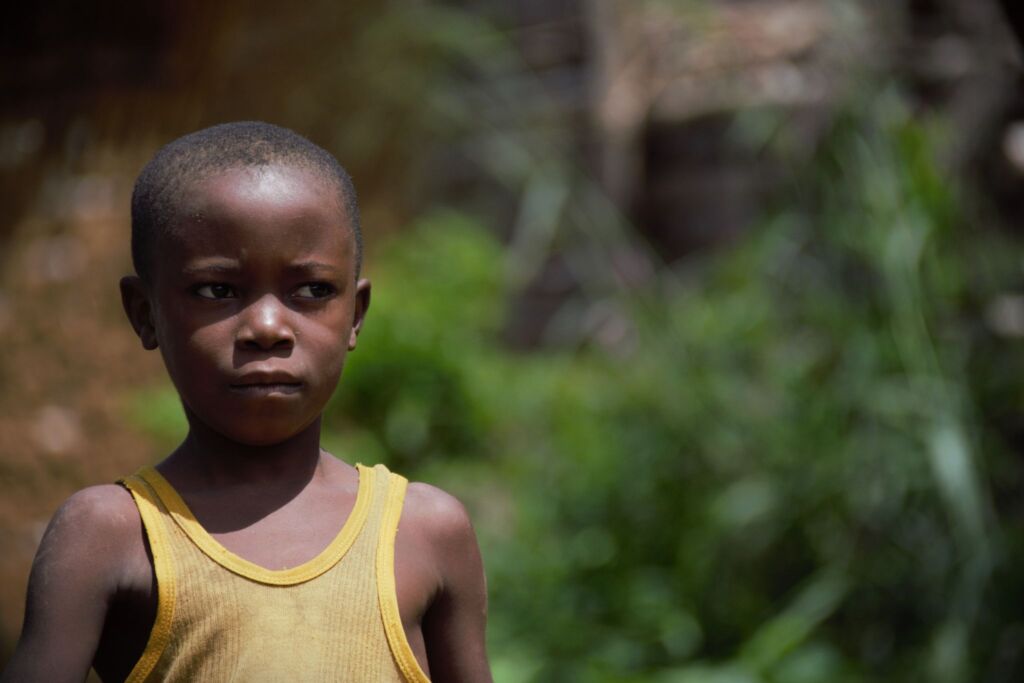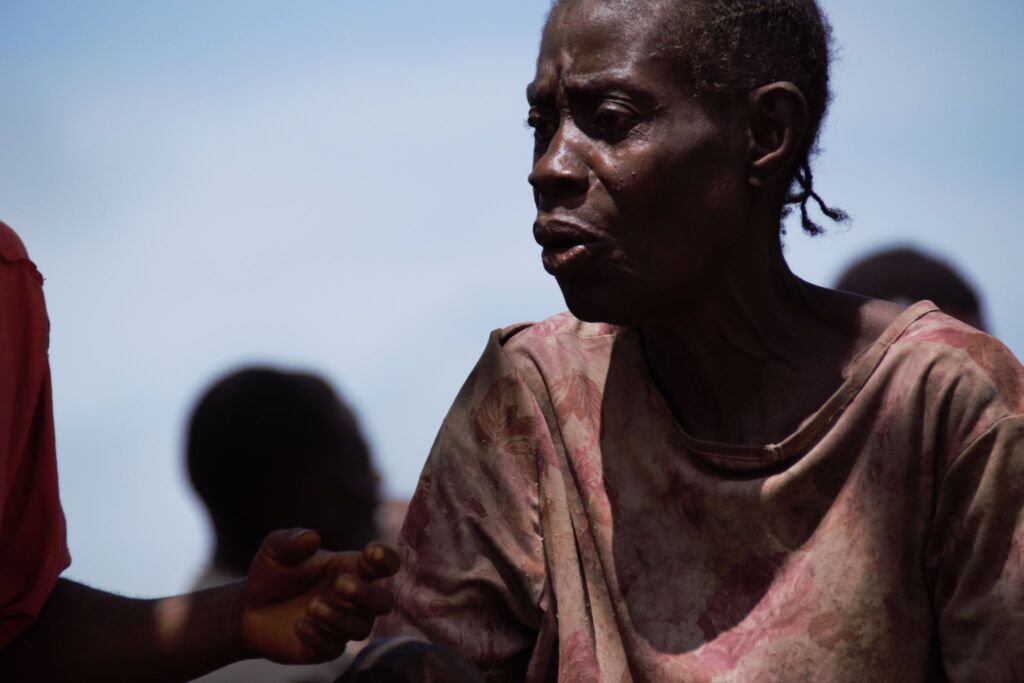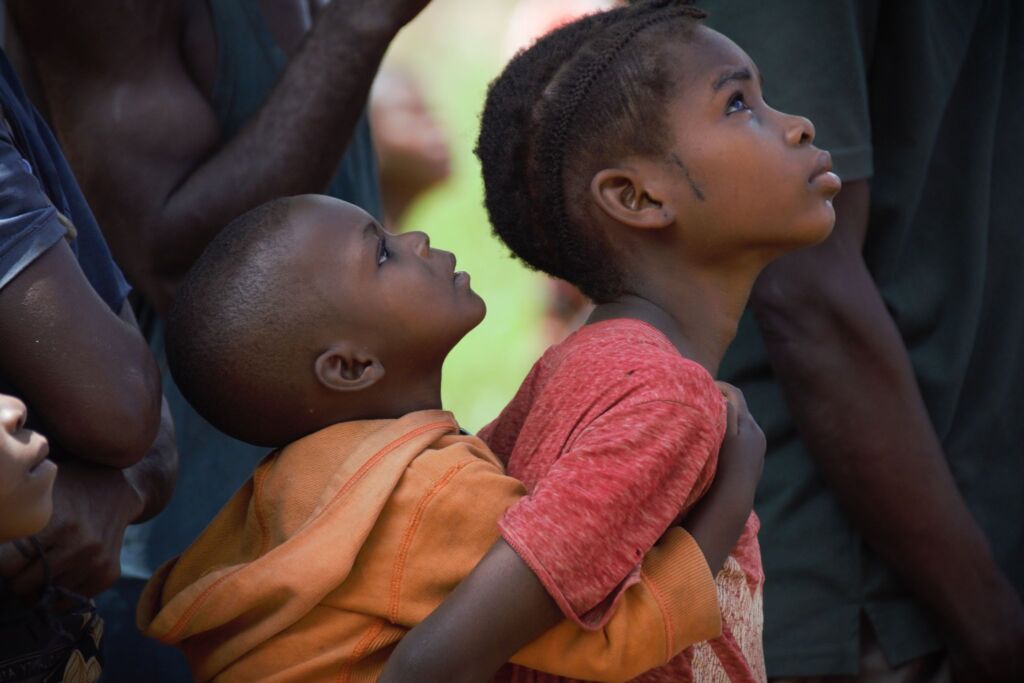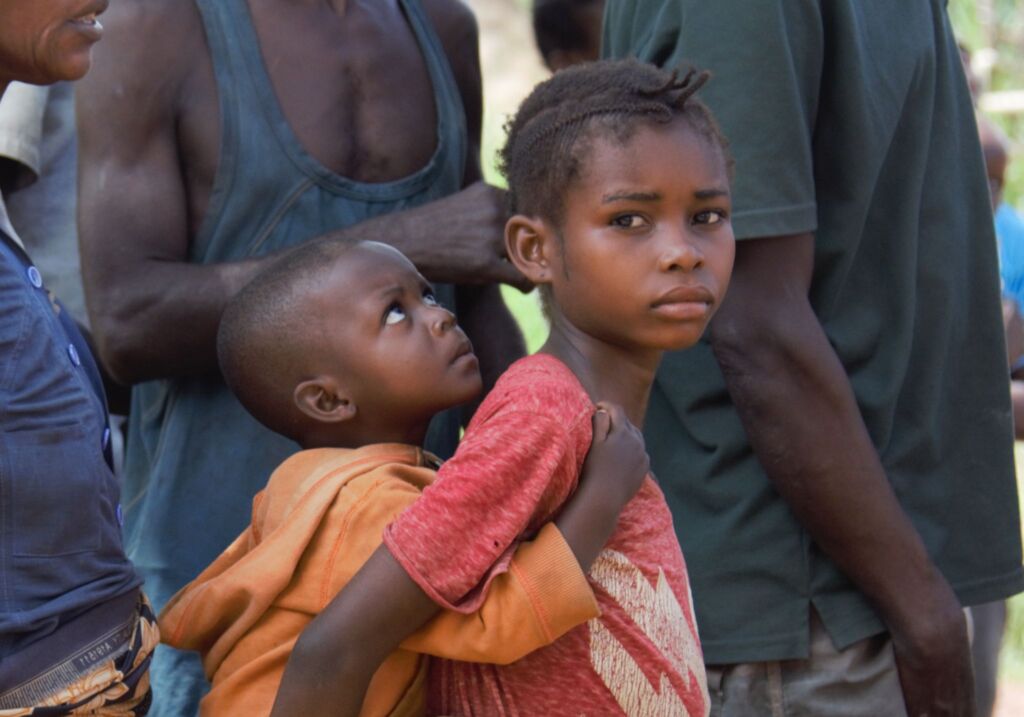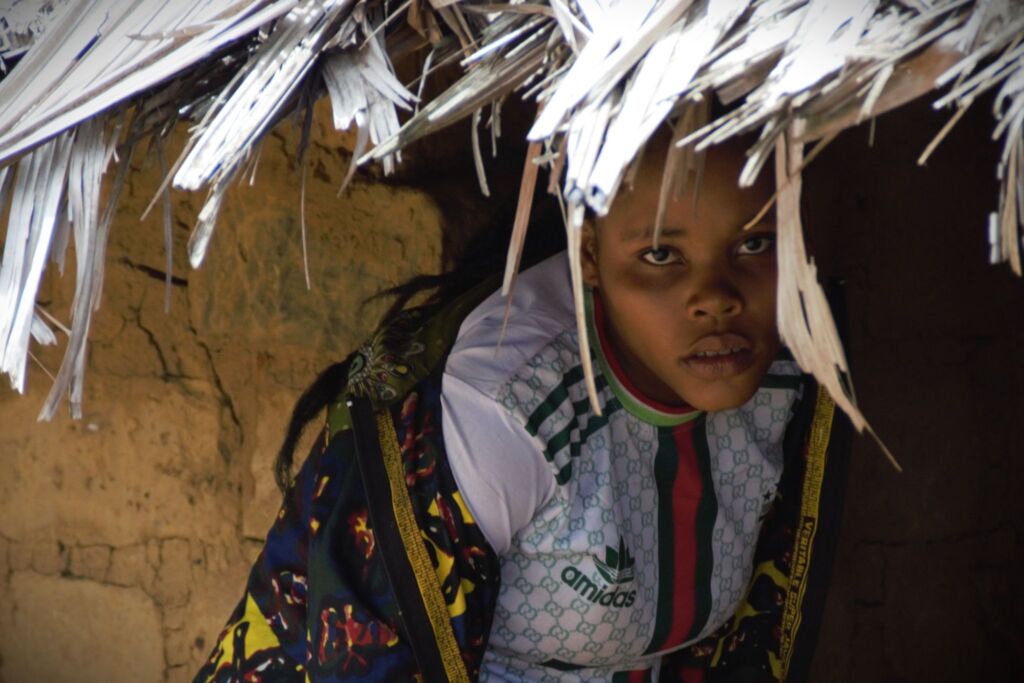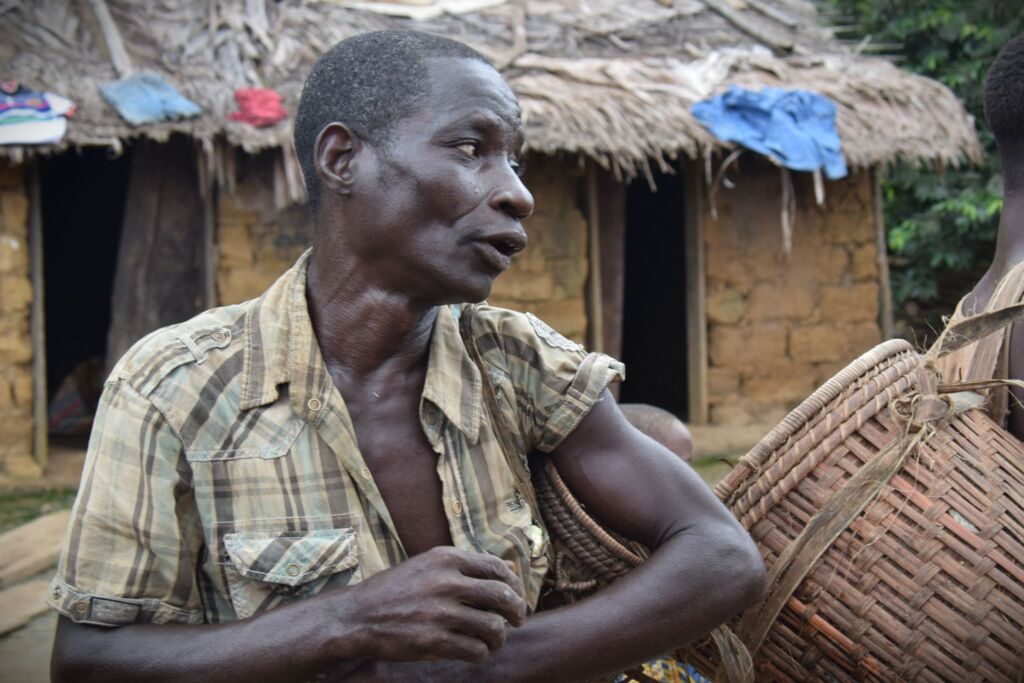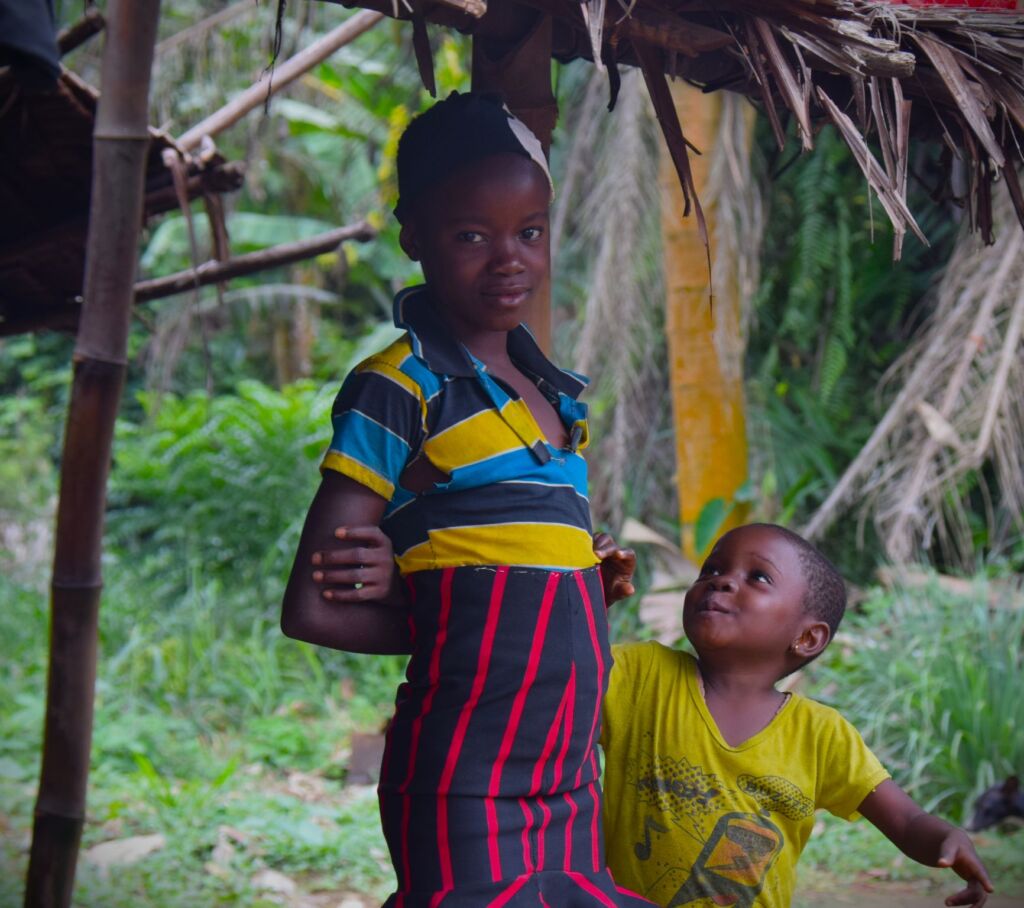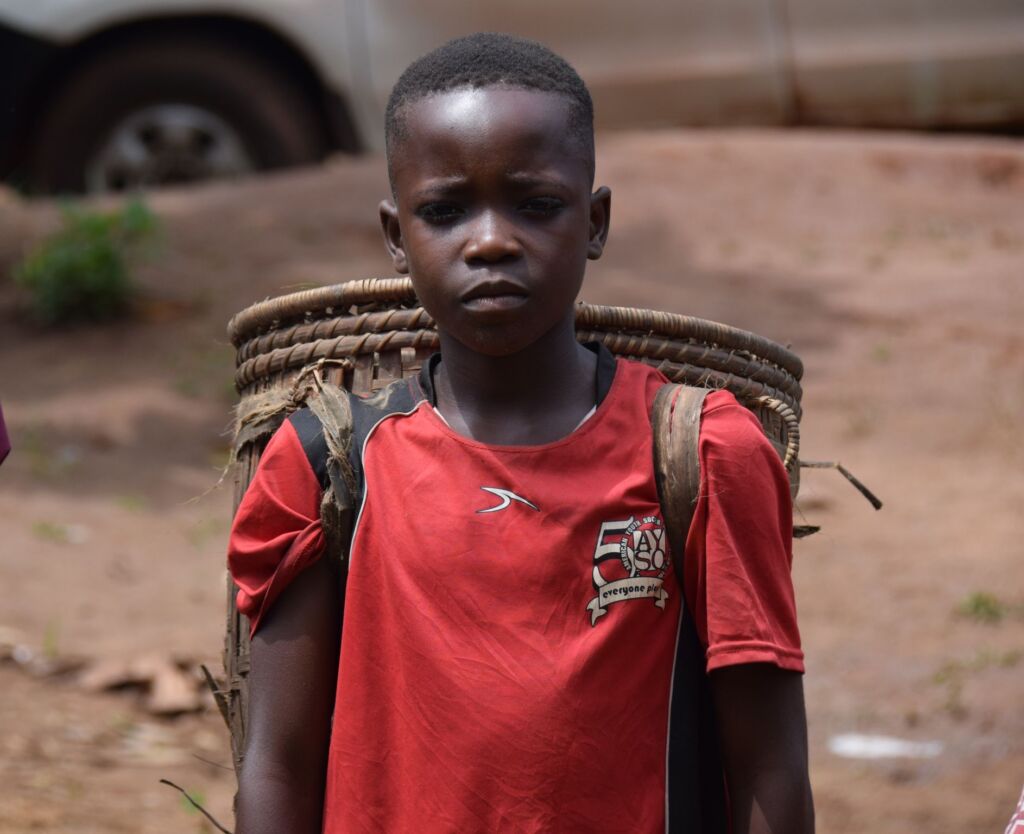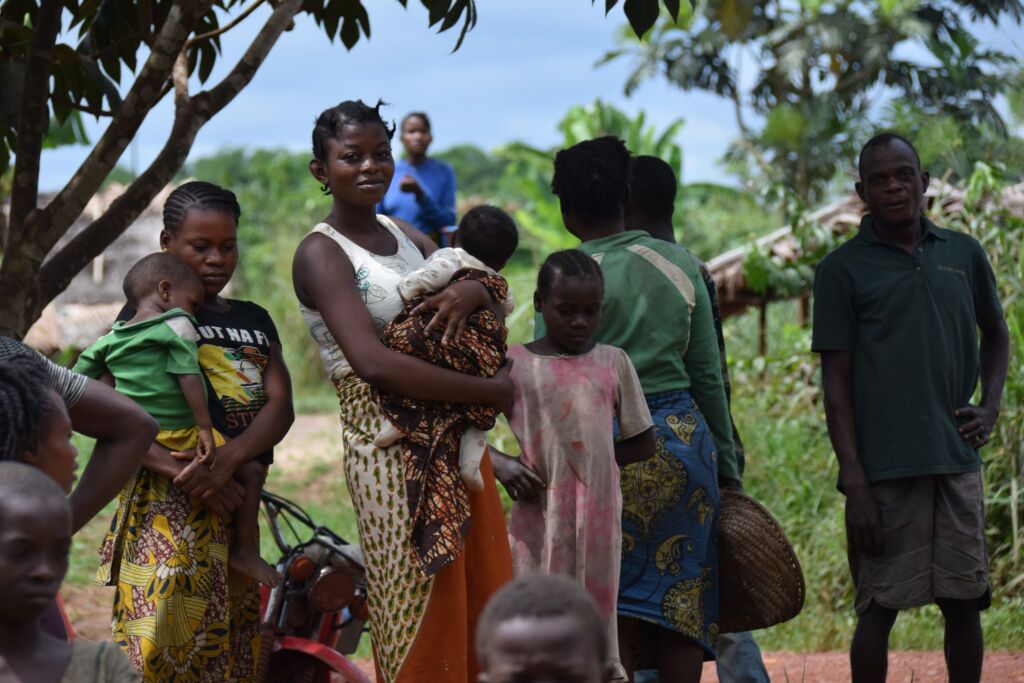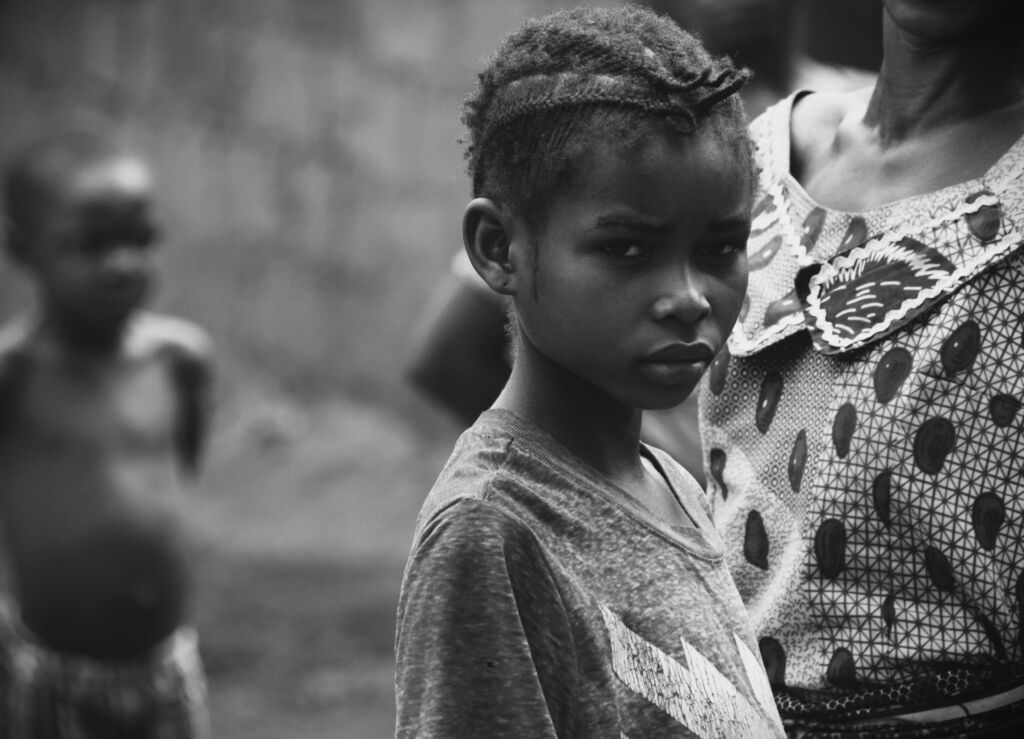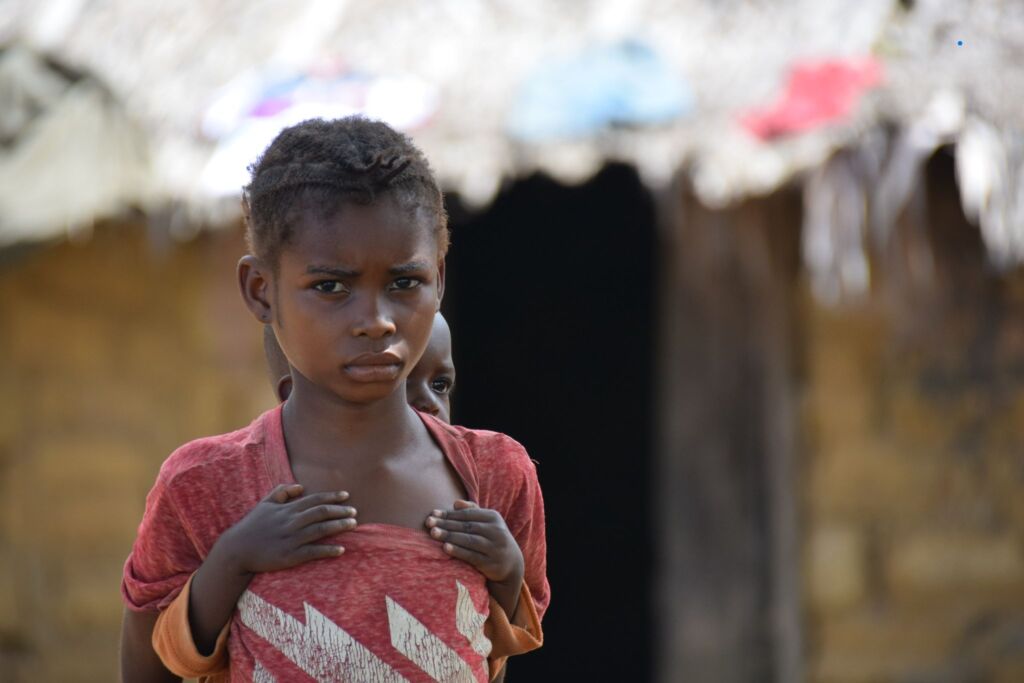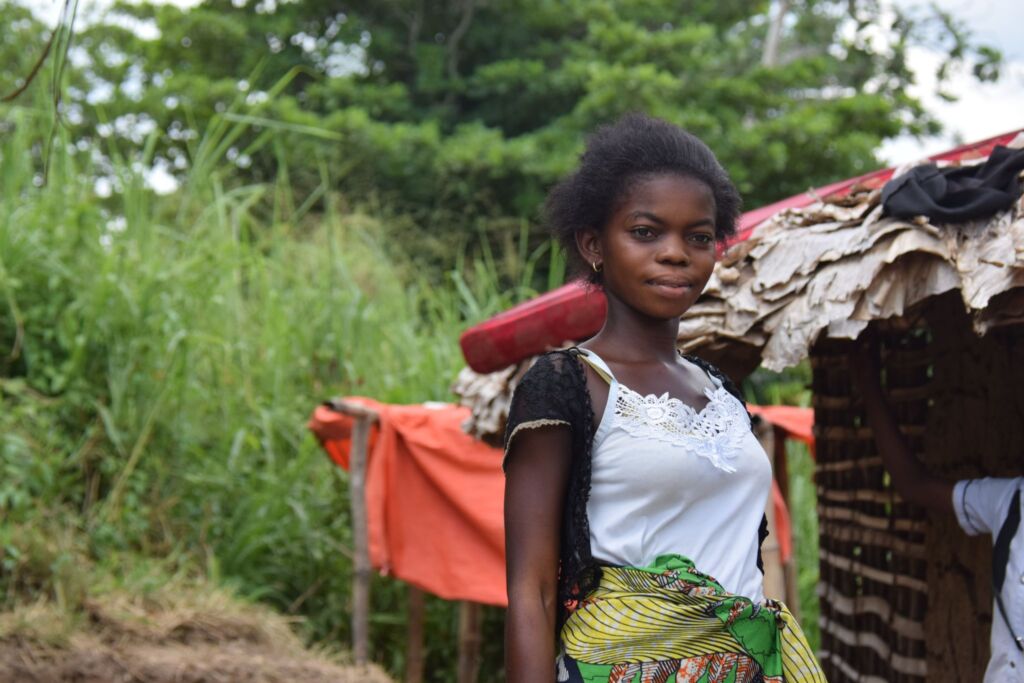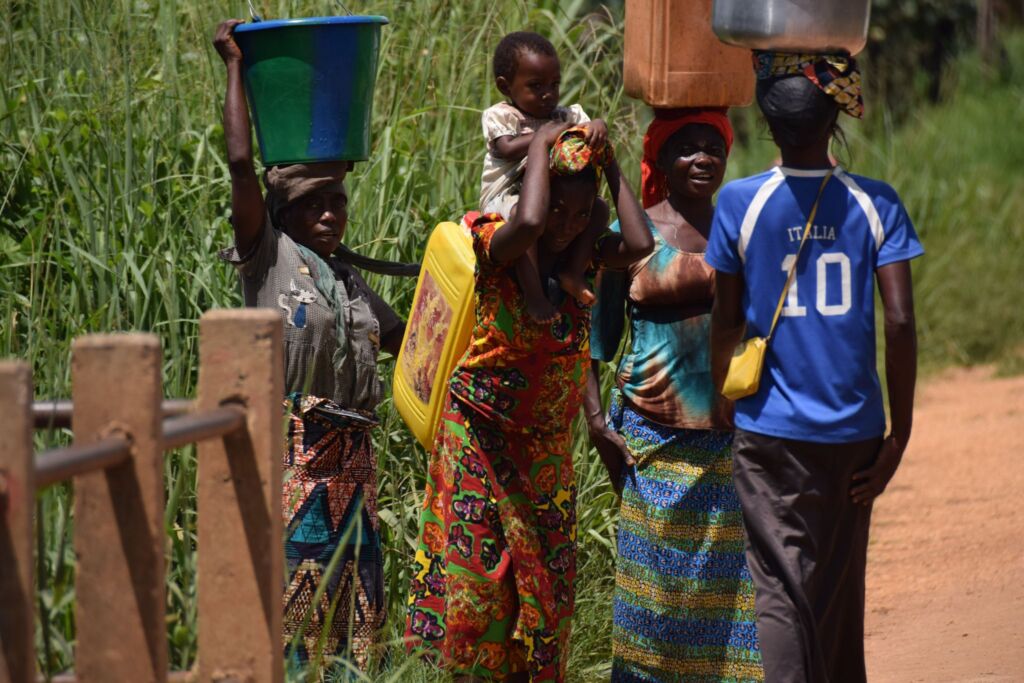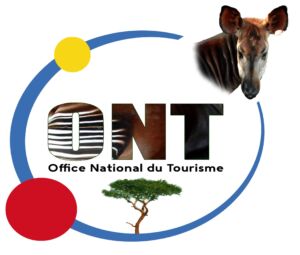We offer travels to visit pygmy tribes from Mbandaka as well as travels including wild bonobo tracking and traveling the Congo River from Kinshasa. For those who are visiting Mbandaka independently we also offer day tours starting from Mbandaka.
In this trip we will visit the city and its most important sites and will then go outside the city to visit a befriended pygmy village. During this day you’ll get the chance to learn more about the daily life of the people and to interact with the locals.
Mbandaka is a port city in the Equateur Province in the Democratic Republic of the Congo, of which it is the provincial capital. The city is an important stage on the river between the cities of Kinshasa and Kisangani. The city was formerly known as Coquilhatville until 1966. Two communes, that of Mbandaka and that of Wangata, make up the city, each having 10 districts.
The city is home to a veritable botanical wealth in a park on the outskirts of the agglomeration known as the Eala botanical garden founded by Leopold II in 1900, although now completely neglected.
Located on the left bank of the Congo River downstream from the confluence of the Ruki River, it is 720 km by river northeast of the capital Kinshasa. It is located a few kilometers above the equator. During our city tour we will visit the sign where the equator crossed.
Under colonization at the time of Leopold II, the city, a simple post office, was run by the Belgian Camille Coquilhat (1863-1891), whose name it bore until 1966, when President Mobutu decided to rename it. In 1883, Stanley stopped six kilometers to the south, at Wangata, as he was going up the river towards Kisangani, and baptized this hamlet "Equateur" and the Belgians created their first post there. In 1891, they abandoned Wangata in favor of Mbandaka. Since then, the capital of Equateur has been made up of two municipalities, Wangata and Mbandaka, which are constantly growing.
Established as an urban district in 1895, it obtained city status in September 1958. It became the capital of the province of the Central Cuvette in 1963. The city's urban plan is dictated by the position of the river, its arms and tributaries. It was in Mbandaka that the young Mobutu did part of his schooling.
Itinerary:
We’ll start our tour in the morning, visiting the pygmy tribe first, stopping near the Congo River and the equator sign. At noon we’ll have a local lunch and will then have a complete visit of the city.
"Will you suggest the same tour to your friends and colleagues?"
"Yes definitely will recommend CTT as a cost effective tour and transport provider!"
- Siler, USA, Nyiragongo volcano




